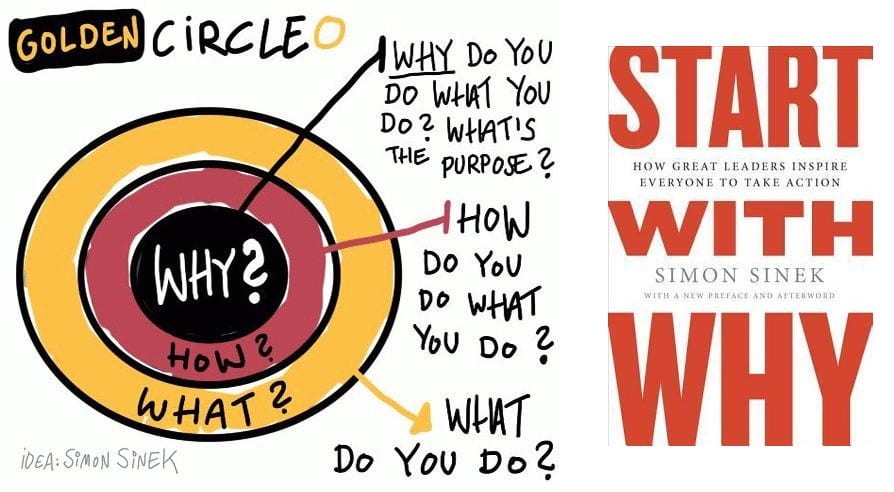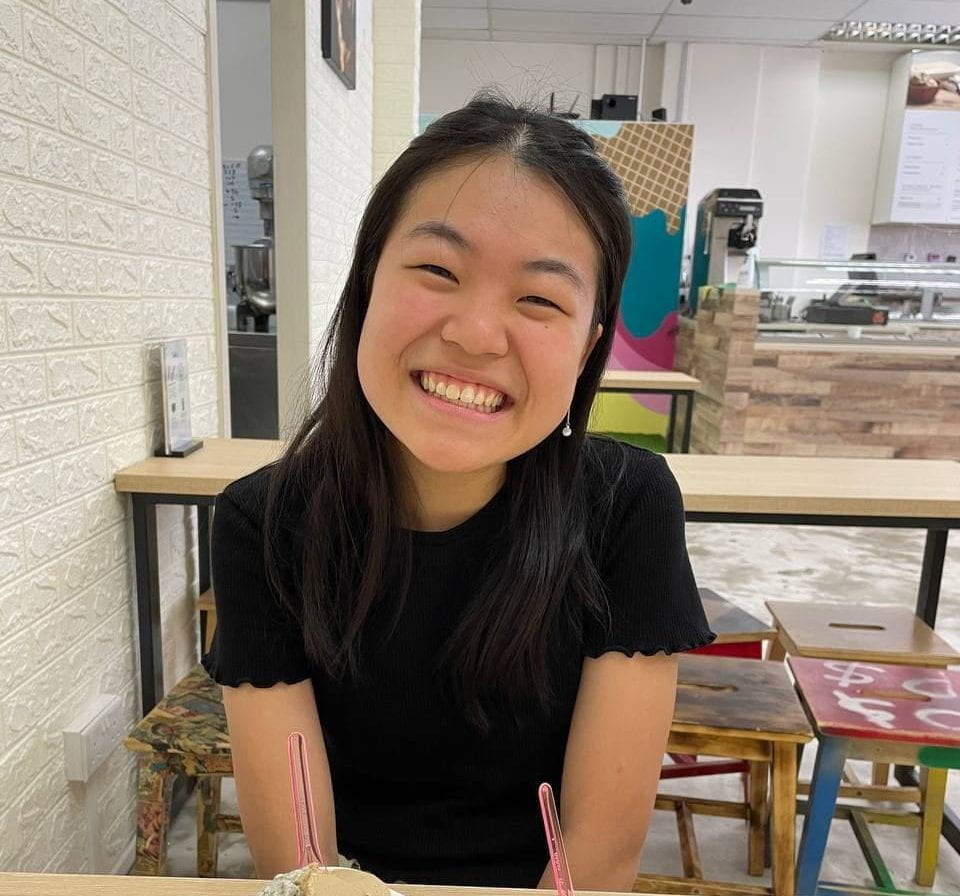Why do you stay on campus? For some people, it’s for the mere convenience of being near to classes. But for many, it might also have to do with the unique experience of campus life – having supper with your friends past midnight, participating in fun residential activities, and so much more!
While you may want to join in with all the exciting activities happening on campus, there’s always that nagging thought at the back of your head, “Should I really be doing this? Shouldn’t I use this time to do my assignments instead?”. This then leads us to the million-dollar question: “How can I be active on campus, but still keep on top of my studies? Is there a perfect balance?”
If this is a question you’ve been wondering about, you’re in luck! Speaking to three of our very own residents who are highly active in their residences, Reslife discovers how they balance residential life with their studies. We’ve consolidated their tips and tricks, did our own research too (yup!) and we’re proud to present you with this handy four-part summary.
- Know What You’re Signing Up For & Why
There are vast amounts of activities you could possibly sign up for in your time on campus, but unfortunately, the time you have is limited. So how might you discern for yourself which activities are worth your time?
First, know what you’re there for. You don’t want to sign up for something that doesn’t meet your expectations and/or with no objective – that’s just a waste of time. Gillian Yeong (Yr 4, Linguistics & Sociology Major, CAPT) has some advice on this matter: “Talk to people who have been in that role before. This way, you’ll get a clearer picture of how much work the role requires, whether it’s something you want to put your time into, and whether it’s something you’re passionate about.”
Gillian (left-most) with some of her friends from CAPT Kamal
Researching about the role and knowing the “what” is important, but knowing the “why” – your reason for joining a particular project, is arguably more important. This idea is supported by Simon Sinek, a popular author who is famous for creating and popularising the Golden Circle concept – starting with “why” before you think about the “how” and the “what” in order to be successful at what you want to do. Watch his famous Ted Talk here.
 Golden Circle Concept: Start from the inside out of the circle
Golden Circle Concept: Start from the inside out of the circle
Source: Brian Tan
Chloe Yung (Yr 3, Political Science Major, USP) agreed: “Every time you do something, you take a step in a direction. But if you don’t know where you’re going, you’ll be walking in circles. Think about some things you want to leave university with, maybe three main qualities, then set your sights in that direction. Build a compass for yourself!”
In essence, find your “why”, and the “what” will naturally follow. If you’re doing something that you care deeply about, you’re more likely to be able to find the strength to put quality effort into both your studies and your residential commitments.
Source: Goalcast
- Tap Into The Strength Offered By Community
Chloe (bottom) with her University Scholars Club friends
Community inspires and uplifts. Being the Honorary General Secretary in the University Scholars Club, Chloe taps into the strength of her network to support her endeavours: “Emotionally, friends help a lot. Everything is so much easier when you just tell people when and where you need help, so that they can help you figure it out. When you do that, you realise that everyone is trying to help each other.” Gillian affirmed this, sharing: “It is important to communicate your needs. Learn to say, “I don’t know this”, “I need a bit more help”, and also “If you need help now, I am ready to give it”.
A single stick can be easily broken, but a bundle of sticks is harder to break. There is much strength to be found in your community; learn to own it and gladly receive it.
- Plan Your Time Well
The secret to managing all demands of life – not just residential life and school work – is to plan your time well. Everyone knows this, but is there a tested way to do it? In Stephen Covey’s “7 Habits of Highly Effective People”, he introduces a time-management quadrant that can help with prioritising the tasks that are most important first.

Source: Franklin Covey
A quadrant model for scheduling your life – really? As it turns out, it’s not that farfetched.
Rachel (Yr 3, Medicine, CAPT) already applies this in her life, explaining: “I segregate my time into blocks. For example, exercising in the morning, then studying for the rest of the day. The time after dinner is reserved for hostel things like socialising with my friends and event meetings. It is definitely an effort to stay in Q2! You will have times of FOMO, like when you’re studying but you can hear your friends hanging out together in the corridor. But learning to say no and staying disciplined will pay off in the long run.”
There are myriad ways to schedule your time, with Google Calendar being the scheduler of choice for most NUS students, but Gillian dishes on a crucial tip: “Prepare time to prepare! You need time to plan ahead, but we often don’t plan for the time to plan. Whether it’s half an hour on a Sunday night or Saturday morning, use that time to sit down and plan for the week ahead. Planning ahead also allows you to adapt quickly if your plans change, as you already know your priorities for the week.”
- Be A Ballerina
How curious. What does a ballerina have to do with finding balance in our lives?
Gillian enthused: “We often think of balance as a perfectly set-up arrangement. For example, what is the magic formula of residential commitments I can take on in order to be in a good place with both my studies and residential activities? But let’s think about a professional ballerina. How does she keep her balance when she puts her leg up while balancing on her toes? You will find that she’s not trying to keep everything in place all at once, but she’s making minor adjustments everywhere in her body as her leg raises slowly – just that you don’t see it.”
Ballerina balancing
Source: Aurelie Dupont
Likewise, you might look at someone achieving in both school and campus life, and think that they have achieved a perfect balance, but the secret is that they are probably making minor adjustments in their personal lives everyday behind the scenes that you don’t see. This means spending more time on assignments when you must, and spending time with your friends only on weekend every fortnight when you can.
To think that you can strike a perfect balance from the start and maintain it forever, is fiction. Balance is a constant, dynamic process of learning to give and take in various areas of your life. Let go of your own high expectations and recognise that life is hardly ever a perfect balance – just an ongoing balancing act.
_____________________
We hope these nuggets of wisdom from our seniors have been useful to you! Do you have any other advice or tips on how you can be active on campus and also manage your studies well? Tell us in the comments or DM us on our IG @nusresidentiallife!
Psst! Visit us on IG to view bonus study tips that the interviewees dished!
_____________________
More About Our Interviewees
Chloe Yung
Chloe is a Year 3 Political Science student who is also part of the prestigious University Scholars Programme (USP). She stayed in USP’s Cinnamon College for the first two years of university. Chloe was the Honorary General Secretary in the University Scholars Club, as well as the Editor in Chief for the USP student publication, the Cinnamon Roll.
Gillian Yeong
Gillian is a Year 4 Linguistics and Sociology student who stayed in CAPT for the first three years of university. Gillian was a CAPT House Head and CAPT Kamal’s Project Director – a mentorship project for Normal Technical students in Queensway Secondary School, as well as a Summer Camp for students in Dream School Foundation in India.
Rachel Ong
Rachel is a Year 3 Medicine student who stayed in CAPT in her first two years of university. She was the project director for CAPT’s annual Community Engagement Fest, a largescale event where CAPTains can embark on several trails to learn more about hidden communities that most people would rarely have the chance to interact with. Some communities include morticians, rough sleepers, sex workers, vanishing trades – just to name a few.






